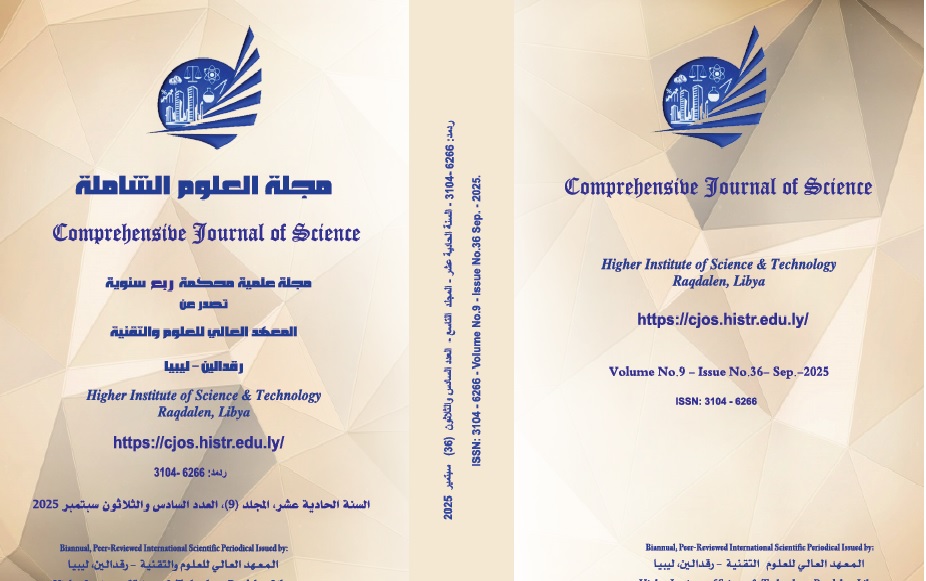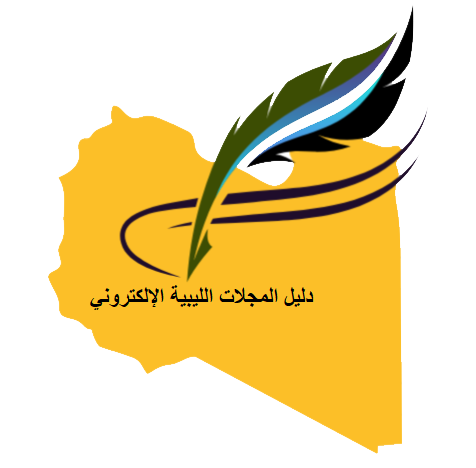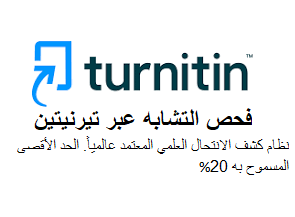أثر الانفاق الحكومي على مؤشر التنمية البشرية في ليبيا خلال الفترة 2000-2023
Keywords:
Government spending, Human Development Index (HDI), public finance, Libya, spending efficiency, econometric analysis. المقدمةAbstract
This study aims to analyze the impact of government spending on the Human Development Index (HDI) in Libya during the period 2000–2023, within the context of ongoing economic and fiscal challenges and increasing debates on the effectiveness of public spending in supporting social development. Pearson correlation; no econometric modeling was conducted due to the limited number of observations, using official data on public expenditure, GDP, and HDI to test the nature and significance of the relationship between the variables.
The results reveal the absence of a statistically significant correlation between the level of government spending and the Human Development Index. This indicates inefficiencies in resource allocation and structural imbalances in the budget composition, where a large share of spending is concentrated on current expenditures with limited impact on human capital. The findings emphasize that the developmental effectiveness of public spending depends not only on its volume but also on its structure, targeting mechanisms, and the presence of institutional and developmental reforms.
The study recommends restructuring public expenditure in Libya to better support key social sectors such as education, health, and social protection. It also highlights the need to enhance transparency, efficiency, and performance-based budgeting, while strengthening monitoring and evaluation frameworks to ensure the alignment of public spending with human development goals.
Downloads
References
1. الإسكوا. (2017). السياسة المالية، الإنفاق الاجتماعي والتنمية البشرية في البلدان العربية (الورقة التقنية رقم E/ESCWA/EDID/2017/Technical Paper.13). بيروت: لجنة الأمم المتحدة الاقتصادية والاجتماعية لغربي آسيا.
2. آل عبد الله، ن. ش.، و الغامدي، ر. س. (2020). أثر التنمية البشرية على اقتصاد المملكة العربية السعودية في ظل رؤية 2030 خلال الفترة (1990–2016). مجلة العلوم الاقتصادية والإدارية والقانونية، 4(7)، 67–89. https://doi.org/10.26389/AJSRP.K161219
3. بن عمورة، س.، و بن حسين، ن. (2018). الإنفاق العام وأثره على التنمية البشرية في الجزائر: دراسة قياسية للتعليم والصحة للفترة 2000–2015 (باستخدام نماذج VAR). دراسات اقتصادية، 5(2)، 95–118.
4. الرقيبي، ك. ع. (2024). الإنفاق العام على التعليم وأثره على التنمية البشرية في ليبيا: دراسة قياسية. مجلة البحوث الأكاديمية، 28، 190–204.
5. كداوي، ط. م. (2006). الإنفاق الحكومي والتنمية البشرية في الدول العربية. المجلة العراقية للعلوم الإدارية.
6. هاشم، م. (2019). الإنفاق على رأس المال البشري وأثره في معدلات التنمية البشرية في الدول متوسطة الدخل المنخفض. مجلة البحوث الإدارية.
7. دحام، ح.، و العبيدي، س. (2025). دور السياسة النقدية في مؤشر التنمية البشرية في العراق للمدة 2004–2022. مجلة تكريت للعلوم الإدارية والاقتصادية، 21، 163–178. https://doi.org/10.25130/tjaes.21.69.1.10
8. السيد، س. ف. م. (2025). دور التنمية البشرية في تحقيق التنمية المستدامة في المملكة العربية السعودية. مجلة دراسات التنمية البشرية والاقتصادية، 52، 549–606.
9. الحسين، م. أ. (2014). المالية العامة والنظام المالي الإسلامي. عمان: دار الحامد للنشر والتوزيع.
10. ديوان المحاسبة الليبي. (2021). التقرير السنوي حول تنفيذ الموازنة العامة للدولة لسنة 2020. طرابلس: ديوان المحاسبة.
11. Saoudi, S. (2021). دور سياسة الإنفاق العام في إرساء معالم التنويع الاقتصادي - دراسة مقارنة بين دولتي الإمارات العربية المتحدة والجزائر. دراسات اقتصادية عربية، (54)، 77–98.
12. عبدالرحمن، س.، محمد، ف.، محمد، ح.، و فؤاد، ح. (2025). قياس أثر الإنفاق العام على النمو الاقتصادي في السودان خلال الفترة 1990–2022. Revue Marocaine des Etudes Juridiques et Economiques, 01. https://doi.org/10.65040/remeje.2025.012105
13. Hussein, A. (2025). التنمية البشرية المستدامة: المفاهيم والاستراتيجيات. https://doi.org/10.13140/RG.2.2.20027.32802
14. United Nations Development Programme. (2023). Human Development Report 2023: Breaking the Gridlock. New York: UNDP.
15. Keynes, J. M. (1936). The General Theory of Employment, Interest and Money. London: Macmillan.
16. Becker, G. S. (1964). Human Capital: A Theoretical and Empirical Analysis, with Special Reference to Education. Chicago: University of Chicago Press.
17. Afonso, A., & Alves, J. (2023). Does government spending efficiency improve fiscal sustainability? European Journal of Political Economy. https://doi.org/10.1016/j.ejpoleco.2023.102403
18. Afonso, A., Alves, J., & Bazah, N. (2024). Public Sector Efficiency and the Functions of the Government. CESifo Working Paper No. 11487.
19. Arora, P. (2018). Government effectiveness in the provision of public goods. Journal of Administrative and Business Studies, 4(2), 79–92.
20. Barra, C. (2023). Institutional quality and public spending in Europe: A sectoral investigation. European Economic Review.
21. Hauner, D. (2010). Determinants of Government Efficiency. Journal of Macroeconomics, 32(1), 135–143.
22. Wong Sing Yun, Y. (2020). Assessment of public expenditure efficiency: A review. Journal of Economics and Sustainability, 2(2), 27–38.
Downloads
Published
Issue
Section
License

This work is licensed under a Creative Commons Attribution-NonCommercial-ShareAlike 4.0 International License.











